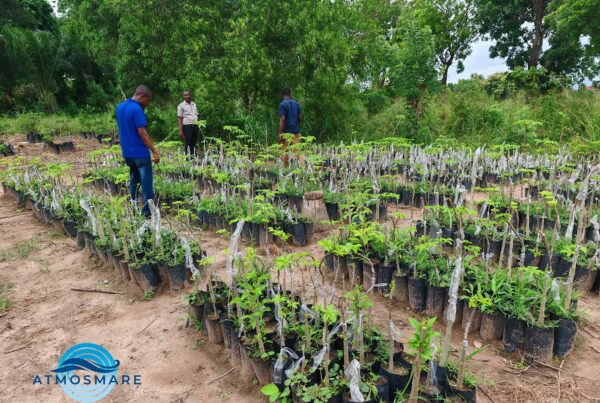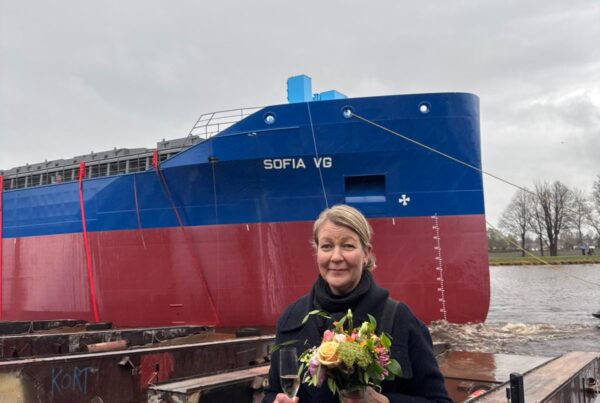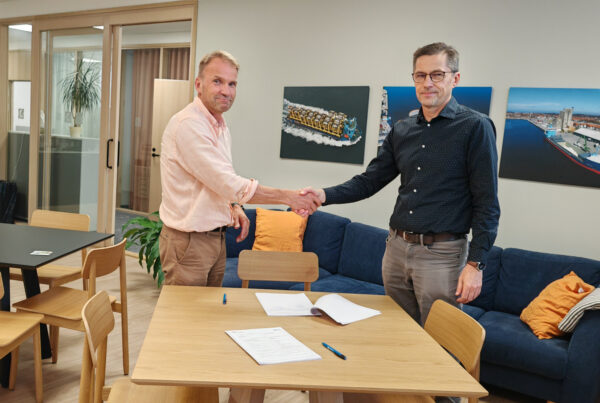In 2018, Meriaura focused on reducing the amount of waste generated onboard the ships. The international MARPOL convention is very clear on what waste must be delivered ashore at ports, and what can be discharged into the sea. According to present regulation, for example food waste can be disposed into the sea 12 nautical miles from the nearest land, which is very harmful for the eutrophication, especially in the Baltic Sea. Therefore we at Meriaura want to find ways to reduce the amount of waste onboard the ships, arrange a more efficient system to sort it, make the purchases more efficiently and use resources in a smarter way.
 The research was done in cooperation with Trafi (Finnish Transport Safety Agency). The purpose of the study was to evaluate, what needs to be done ashore in the office and onboard the ships in order to reach a “zero-waste” level. During the autumn, five of Meriaura ships reported exactly the amount and type of waste generated onboard, and where and how the waste was disposed. Johannes Grankull, a Master Mariner student, was responsible in gathering and analyzing the data. Best practices were identified to improve the procedures from the viewpoint of circular economy. Attention was paid to the role of ports, too. Too often the vessels cannot leave the sorted waste ashore as there are no proper reception facilities.
The research was done in cooperation with Trafi (Finnish Transport Safety Agency). The purpose of the study was to evaluate, what needs to be done ashore in the office and onboard the ships in order to reach a “zero-waste” level. During the autumn, five of Meriaura ships reported exactly the amount and type of waste generated onboard, and where and how the waste was disposed. Johannes Grankull, a Master Mariner student, was responsible in gathering and analyzing the data. Best practices were identified to improve the procedures from the viewpoint of circular economy. Attention was paid to the role of ports, too. Too often the vessels cannot leave the sorted waste ashore as there are no proper reception facilities.
“Trafi aims to support the sustainable developments in maritime transports. In addition to regulatory work, we wish to find practical approaches in which different operators could voluntarily reduce their environmental impact”, says Mirja Ikonen, Head of Unit at Trafi. “The joint research project with Meriaura Group is a great example of the openness and willingness of a shipping company to improve present waste management practices. For the first time, we have received plenty of practical data from the ships, which is very valuable. The ports play an important role, too, as they can offer incentives to the ships in order to improve their waste management, for example by giving environment based discounts. The current revision of the EU Port Reception Facilities Directive aims at efficient delivery of ship’s waste especially from the viewpoint of circular economy. As a new obligation for ports, separate waste collection will have to be arranged to facilitate reuse and recycling ofship-generated waste.”








